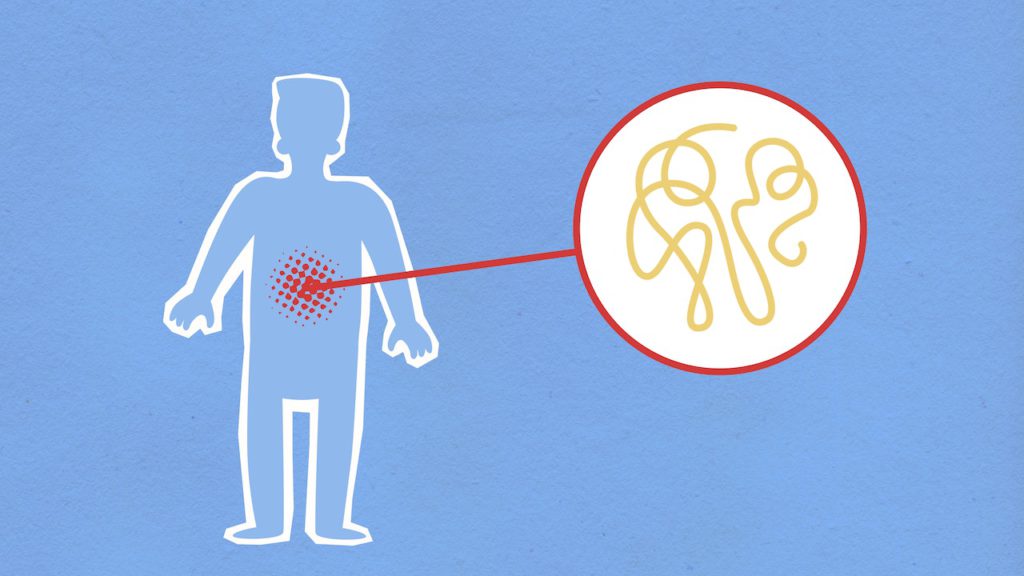The success of your IBS treatment Australia wide, will usually depend on having a good understanding of what IBS is and how to treat it. Understanding what IBS is and how IBS symptoms are treated and managed can help you to feel more in control and feel better.
Your health care provider may suggest a mental health treatment to help you improve IBS symptoms.

There are a number of treatments that are available to IBS patients that can help improve symptoms and gut functioning.
There are a number of medications considered to be the first-line treatments to help manage symptoms of IBS. No single medicine will relieve all symptoms of IBS, making it difficult to select the best over-the-counter medications.
No treatment for IBS works for every person who has the condition.5 Your health care provider can help you determine which treatments may be best for you, depending on your symptoms.
No one particular therapy works for everyone, but most people with IBS are able to find a treatment that works well for them. If you believe that you are experiencing symptoms of IBS, contact your health care provider today so that he or she can help you find the best treatment for you.
Healthcare providers will usually encourage those who suffer from IBS to make changes in diet and lifestyle first, before they will suggest medications, this can include a rpah elimination diet. Dietary changes, lifestyle changes, mental health therapies, and medications may all be part of the IBS treatment plan.
Doctors can treat Irritable Bowel Syndrome (IBS) by suggesting changes to the way you eat and other lifestyle changes, medications, probiotics, and mental health therapies.
When you have irritable bowel syndrome (IBS), whether marked by frequent bouts of diarrhea (IBS-D), constipation (IBS-C), or mixed symptoms (IBS-M), you might be ready to try just about anything to ease your symptoms.
IBS treatment may be accomplished by managing symptoms in bouts, using prescription medications, over-the-counter medications, lifestyle changes, and natural remedies, like changes in diet. IBS treatments focuses on relieving symptoms so you can lead as normal of a life as possible.
While IBS does not have a cure, there are plenty of scientifically proven treatment options available to help you reduce symptoms and improve your quality of life. Other treatments being explored for IBS include probiotics and stool re-transplants. Some more common over-the-counter products may help alleviate symptoms of IBS, including constipation and diarrhea.
Recent studies have shown that some probiotics can relieve symptoms of IBS, including stomach pain, bloating, and diarrhea. Constipation may cause much pain and discomfort, but for some IBS patients, over-the-counter medications may be able to very effectively clear symptoms. Anti-diarrhoeal medications, or laxatives, used to treat diarrhea and constipation, respectively, may also help ease symptoms and make you feel more regular again.
Typically, symptoms that may be treated with medications include stomach pain and an abnormal stool consistency (either diarrhea or constipation).
Anticholinergic medications include Bentyl (dicyclomine), which may help alleviate symptoms related to the pain caused by excessive intestinal spasms caused by diarrhea. Several years ago, Lotronex (Alosetron) was approved for women with IBS and diarrhea; the drug is designed to relax the gut and slow stool passage, thus helping diarrhea and bloating.
While we cannot promise you a quick cure for Irritable Bowel Syndrome (IBS) (and would never trust someone saying that they can), there are several science-backed ways that you can manage IBS, ease pain and discomfort, and begin feeling better.
Talk with your doctor if youare thinking of trying peppermint oil, because IBS is a complex condition, and he or she will need the full picture of remedies youare using to determine a comprehensive treatment plan. Studies have found that those of you who suffer from IBS-D (diarrhoea) might have elevated levels of inflammation, which can disrupt how the digestive tract absorbs the water in your stool.
If you are experiencing diarrhea, stool is moving around too fast, leaving no time to solidify the stool as it should, and this is what happens in patients with IBS-D (IBS-D).
Patients with IBS generally have no signs of injury or illness to the gut, but instead experience a constellation of symptoms occurring together, such as repeated abdominal pain, changes in bowel movements, feeling gassy, bloated, chronic diarrhea, constipation, and, in some cases, both.


